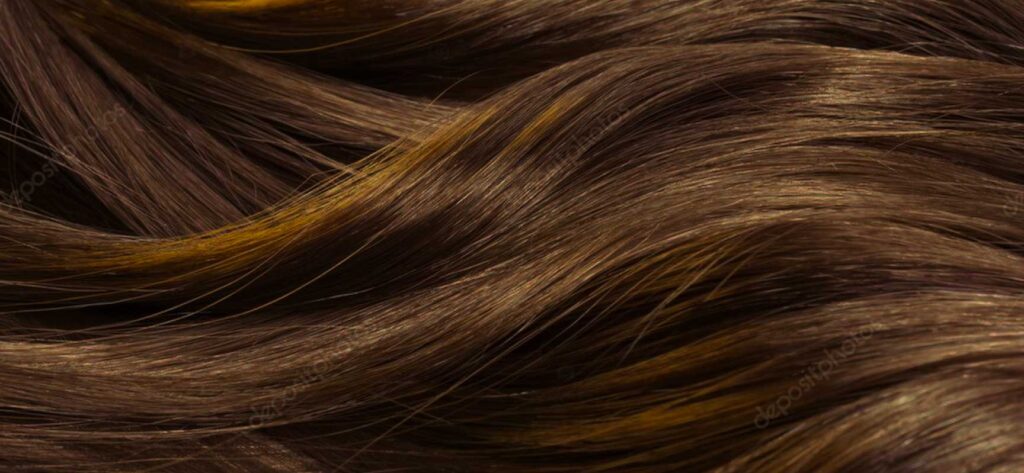Hair Loss Treatment New York
Hair loss can be caused by many different factors, but one of the most common causes of thinning hair in women above the age of 40 is peri-menopause and menopause. This time in a woman’s life is fraught with body changes that can have adverse affects on our physical appearance, such as thinning hair.
Here are the main reasons why menopause causes thinning hair in healthy women:
- Your hormones are changing: During peri-menopause estrogen and progesterone production by the ovaries decreases, as does androgen production, although the latter decreases more slowly. Therefore there is a relative decline in the estrogen:testerone ratio. As a result, the protective effects of estrogen on hair cycles and growth prior to menopause are lost. Women experience a more rapid rate of hair loss on their scalp and sometimes note an increase in unwanted hair in other body locations, such as the face.
- The stress has caught up: Technically, the genetic programming of your hair follicles is pre-determined. However, periods of stress throughout your life, can cause episodes of temporary air loss (called telogen effluvium). The more of these episodes experienced during your life, the sooner your follicle will stop producing terminal hairs.
- Vitamin Deficiencies = Hair Loss. With age, woman are often found to be more susceptible to vitamin or nutritional deficiencies. These may include Vit D deficiency, iron deficiency, protein deficiency, low zinc or Vit B12. A proper diet and sometimes supplemental vitamins can help slow the hair loss that is occurring after menopause.
- Chemicals aren’t helping: Although this is rarely the cause of the hair loss, it may exacerbate and already present condition. Any treatment or processing that burns, stings or hurts your scalp, may actually be causing damage to the follicle. Avoid harsh chemicals and dyes and overly hot dryers – and stop using treatments which actually cause physical discomfort.
Contact Dr. Unger, Hair Transplant Doctor in New York
There are many approaches to improving hair health after menopause. One of the most important is to maintain a consistent healthy diet and exercise regimen. This helps regulate hormones, oxygen and vitamin delivery to your entire body – which is reflected in your hair! The hair is actually a window into your general overall health. There are some good adjunctive treatments for New York menopausal hair loss. Visit drrobinunger.com or call our office at 646-257-3768 to learn more or schedule an appointment.


